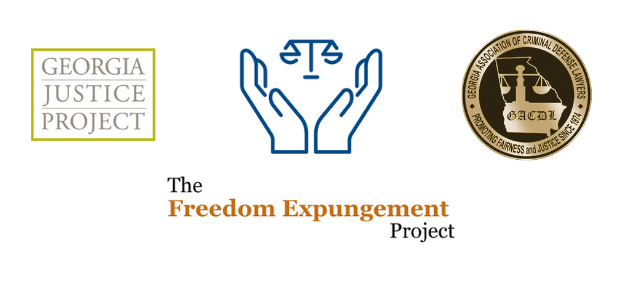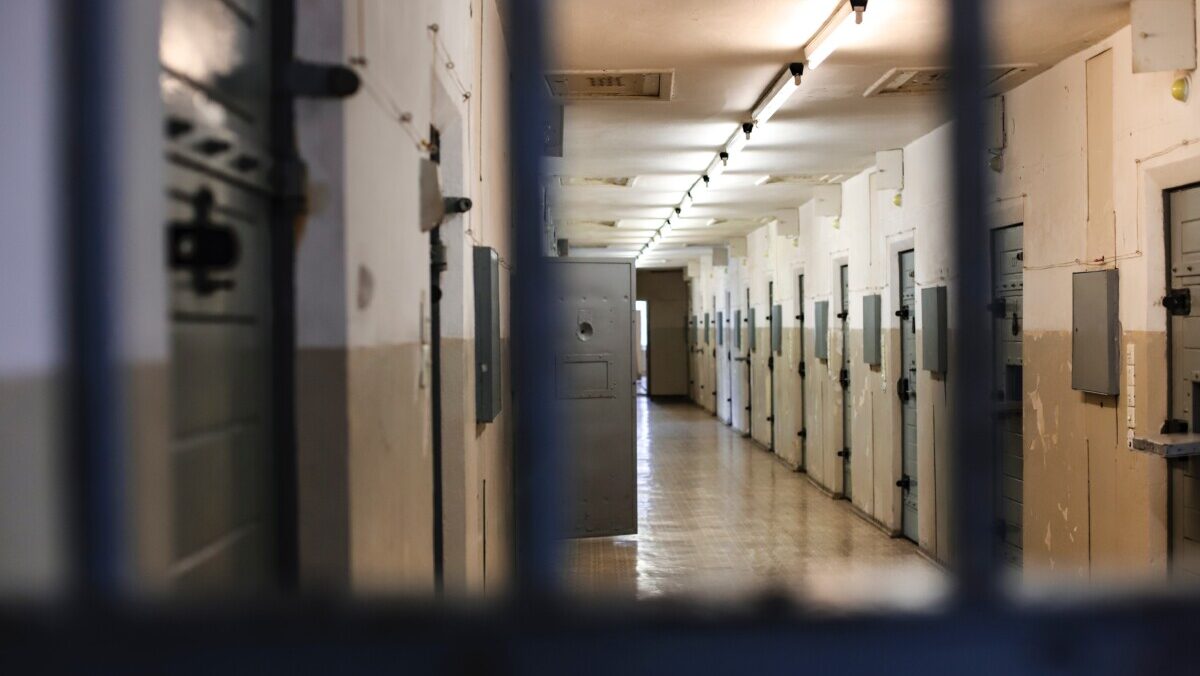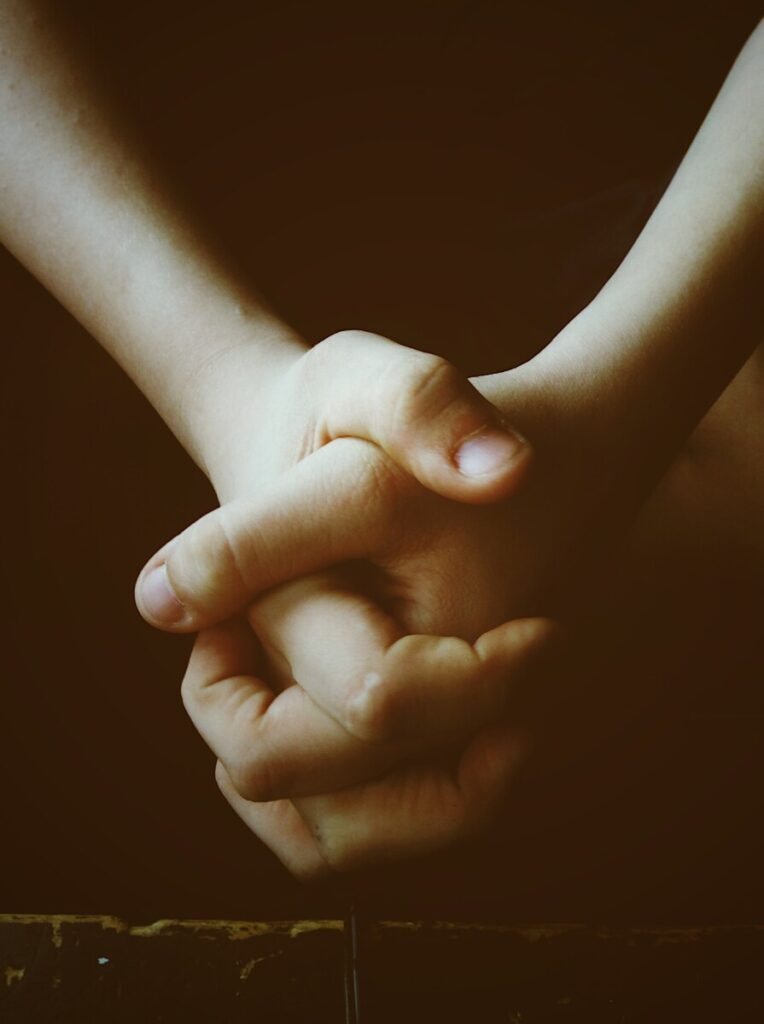Georgia has a long history of having an unusually punishing carceral system. While much reform has happened over the years, there are barriers and restrictions facing thousands of incarcerated – and previously incarcerated – people. Voting is difficult to navigate with a criminal record; housing is near inaccessible; jobs, safety, security and adjusting to a life after prison is an uphill battle. Even during the beginning of the pandemic, when safety and outside contact became even more dire, all visitations in Georgia prisons were suspended in March 2020 – legal visits included. They were only reinstated over a year later, in April 2021. Criminal justice reform, while groundbreaking, has also been recent. Only in 2014, was it prohibited from law enforcement to publish mugshots online; in 2015 Ban the Box was signed into law; and in 2020 record expungement began at the government level. This is the challenging environment that activists must navigate and do work in.
This is where the Georgia Justice Project (GJP) comes in. Its mission, in its own words, is “[strengthening] our community by demonstrating a better way to represent and support individuals in the criminal justice system and reduce barriers to reentry.” This translates into concrete actions of “direct legal representation, policy advocacy, education and coalition building.” Over the past 30 years, the organization has boasted a stellar track record of aid, support and outreach.

GJP does not do easy work. It directly aids an inadequately serviced, targeted and marginalized community while also navigating structures that do not exist to bolster these communities. The care and support they provide are also often costly, a fact made more clear by GJP’s free services. Genuine care and support do not always translate to profit, longevity, legislative success, or popularity. But against a stacked deck in a historically hostile state, they have achieved it all. Why have they been able to see such tangible success? For one, they coalition build well and embrace help from all across the political spectrum. They work with organizations all across the state, changing what they can through collective action. They count among their corporate partners for 2021 UPS, King and Spalding, Delta, The Home Depot, Georgia-Pacific, Microsoft and Dentons. In just the past few years they have passed multiple landmark criminal reform laws dealing with expungement, sealing records, and allowing easier access to housing and jobs. SB 105, passed just this May, gives early termination of probation for incarcerated people after 3 years if they reach milestones. They did not draft it or advocate for it alone. When passing it in the Senate and House, they were backed up by a Republican-led government that still wanted to see them succeed. Many groups align and aid in the work they do, including the REFORM coalition, American Conservative Union Foundation, and RestoreHer. Working alone makes an already challenging fight even more so, and GJP is more than aware of this.
Another reason is their holistic approach to helping people who have made contact with the prison industrial complex. When taking on a new client, the GJP do not simply give them a pro bono lawyer – it pairs them with a social worker. This means a more holistic type of care, one that goes beyond legal representation. For example, in the case of JT, social workers helped him enroll in his probation program, find housing, and connect him to GED programs. This not only acknowledges people as clients, but affirms their humanity. It also recognizes crime as something that does not happen in a bubble, nor a moral failing. People who come into contact with the prison industrial complex are struggling in other areas of their lives – addiction, poverty, a lack of community, and so on. Pairing people with social workers also means a more longer, deep connection with a support system. Clients and lawyers may terminate their relationships after court cases are won, but this may not be enough to sustain the well being of incarcerated – even formerly – people.
In fact, GJP talks proudly of long-term connections to former clients who continue to stay in touch well after they require the organization’s help. “Over the next 30 years, we wrote, visited and sent [WJ] packages allowed by the Department of Corrections. We helped provide transport for his family to see him in prison so he could stay connected to them and we included his family in our Back to School and Holiday events.” is just one example of a long standing and close knit bond GJP has established with clients. Another client, David, has had a 20-year connection to GJP that has seen him go from a client to a member of the organization’s Community Advisory Group. This was largely due to GJP’s sustained and continued reach to the community – the article mentions the organization hosting dinners, holiday events, and picnics. Informal events are crucial to community and welcoming, which has proven to be beneficial to many.


Another unique aspect of care that GJP provides is that it is grounded in spirituality. As executive director Douglas Ammar says in Transforming Justice, Lawyers and the Practice of Law: “We are using the law as a beginning, as a tool, but the fulfillment is community, acceptance, and love. Justice might be the beginning of our journey with clients, but it is love and acceptance that complete it” (54). As he describes it, there is something deeply spiritual in doing work for and with people “who have often broken the law, who are poor, who are shunned by others in society—[that] goes beyond justice” (62). While other organizations may seek to be strictly secular, Ammar openly embraces a more multifaceted approach. “Spirituality…asks different questions of power…How are those with power treating those without power? Is power being used to serve those without it, or are those with power fiercely protecting it and using it for their own personal advancement?” (55). And these are more than question that personally compel him – they are built into the approach that GJP takes. This holistic care and support is the most significant reason the organization is able to connect and support so well with the folks they work with.
“Is Anyone Worthless?” asks Dortell Williams, the title of his deeply moving essay published in Honor Comes Hard: Writings From the California Prison System’s Honor Yard. His conclusion? People make mistakes, but can be helped. Nobody is worthless. This is echoed in Ammar’s own words: “The system is broken. Individuals make bad decisions” (86). Within a flawed system, so many people are dehumanized and stripped of everything they are. And people make mistakes. Both are true, and the GJP will continue to fight with any and all the tools they have.
Works Cited
Silver, Marjorie A. Transforming Justice, Lawyers and the Practice of Law. Durham, North Carolina: Carolina Academic Press, 2017.
Honor Comes Hard: Writings from the California Prison System’s Honor Yard. United States, Tia Chucha Press, 2009.
Leave a Reply